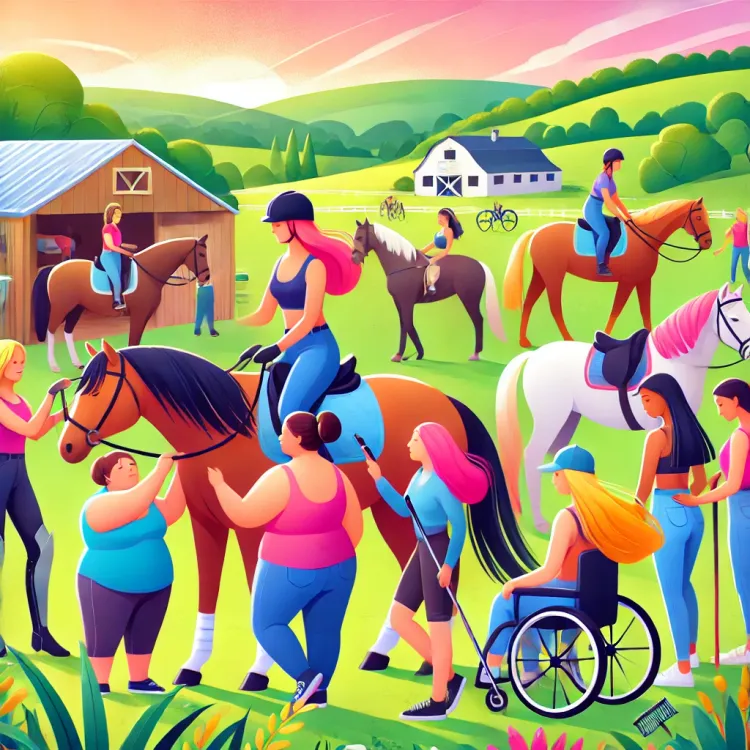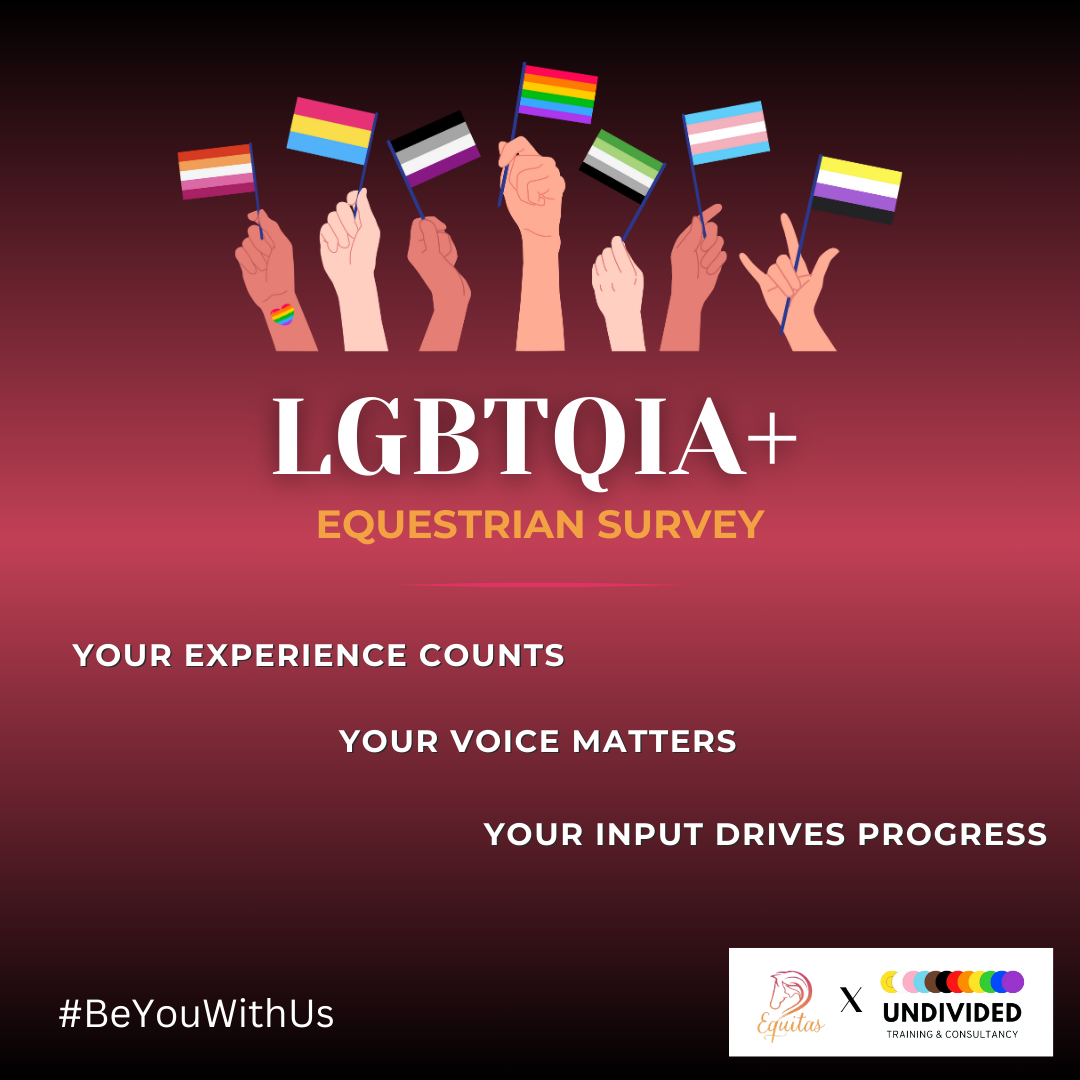Paving the Way for Inclusivity in Equestrian Sports - Part 1

The roar of the crowd at Wembley Stadium as the England Lionesses strode onto the field to face Brazil in the Women’s Finalissima wasn’t just a testament to their prowess—it marked a pivotal moment in sports history. Fresh from their European Championship victory, the Lionesses sported blue shorts instead of their traditional white, a change driven by their advocacy to eliminate the distraction of period leakage. This symbolic shift highlights a crucial issue that transcends football and resonates across all sports, including equestrian disciplines.
The Ripple Effect of Progress
The significance of the Lionesses' new shorts extends beyond mere attire. It represents a commitment to addressing the unique challenges female athletes face, challenges that can hinder performance and participation.
Research from Nuffield Health reveals a troubling statistic: one in three UK girls aged 11-16 feels uncomfortable participating in physical activities during menstruation. This discomfort is not confined to football; it affects girls and women across a wide spectrum of sports.
Leading by Example
The Lionesses' campaign to the Football Association (FA) for darker shorts set a precedent that other sports are beginning to follow. Football clubs like Manchester City and West Bromwich Albion have adopted similar changes, while Wimbledon, Ireland’s women’s rugby union, and Welsh Rugby have also made significant strides in accommodating their female athletes' needs. The commercial sector has responded too, with brands like Nike, Puma, and Adidas offering period-proof sportswear, albeit at a high cost.
Equine Sports: Embracing Change
Equestrian sports, long rooted in tradition, are now beginning to adapt. British Eventing, British Dressage, British Riding Clubs, Eventing Ireland, and the Pony Club have updated their regulations to allow dark jodhpurs. This change is more than cosmetic; it’s about removing barriers and fostering inclusivity.
As an Eventing Ireland spokesperson noted, "A resounding 78.5% of our members were in favour of the change."
Summary of 2024 Rule Changes in Equestrian Sports:
British Dressage: Breeches or jodhpurs should be predominantly of a solid, single colour. Dark-coloured contrast seats are permitted.
British Eventing: Navy and black breeches and jodhpurs are now allowed in all phases and levels of competition.
British Riding Clubs: The addition of black and navy as permitted colors aims to help female competitors feel more comfortable and confident during their periods.
Tradition vs. Progression
While these changes represent significant progress, the question remains: will horse racing, a sport deeply ingrained in tradition, keep pace? With 189 out of 660 licensed British jockeys being female, it's crucial for the sport to address any barriers to participation. The Youth Sport Trust's research highlights that period-related issues are the most common barriers to participation among secondary school girls, with 38% citing periods as a significant factor.
Racing's Current Landscape
British racing currently allows jockeys to wear any colour breeches, though tradition often dictates white. Anecdotal evidence suggests jockeys may be hesitant to deviate from tradition, despite widespread period concerns in the Weighing Room.
A Practical Solution
As highlighted by the women in racing today, leading racewear brands offer limited options for dark breeches, but there's an openness to change. Suppliers are ready to produce dark patch breeches, with free samples available for jockeys to try.
Embracing this change could significantly impact the sport's inclusivity.





